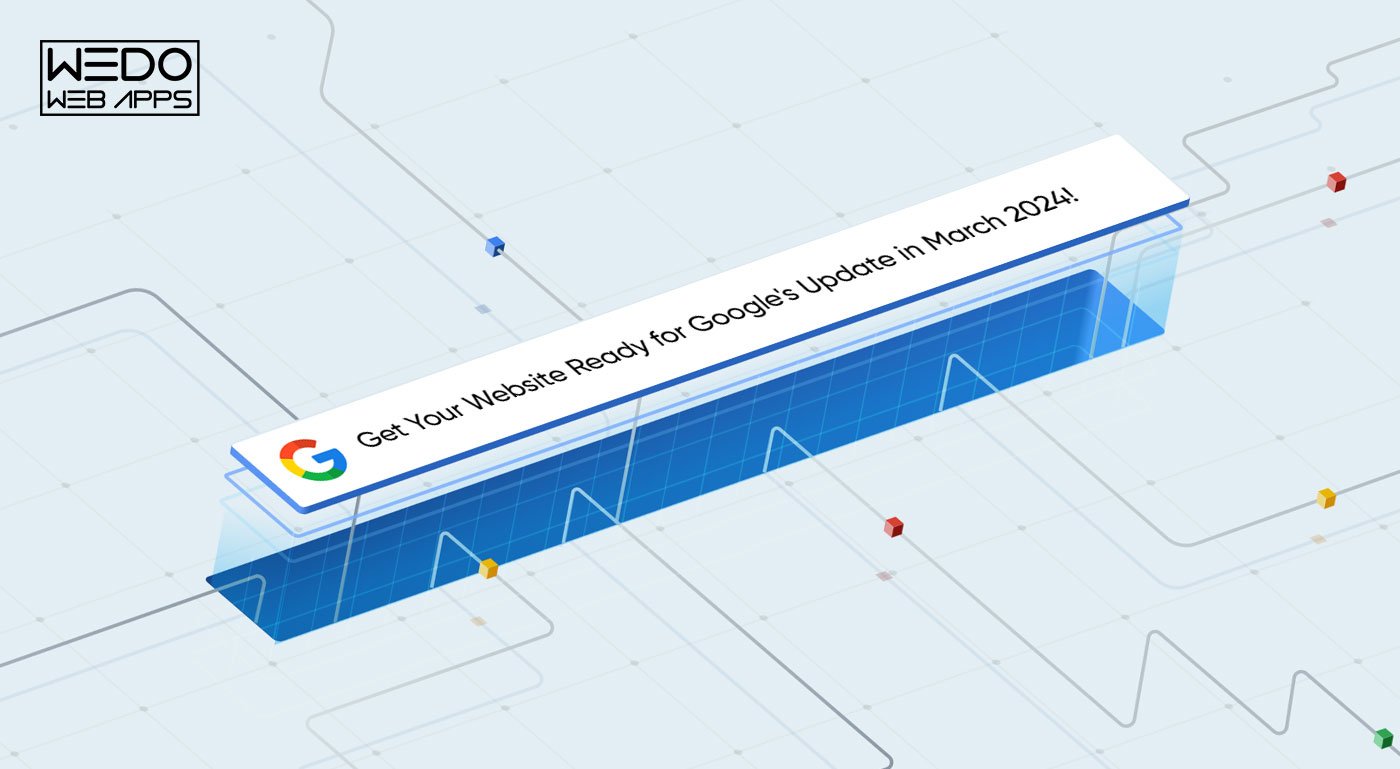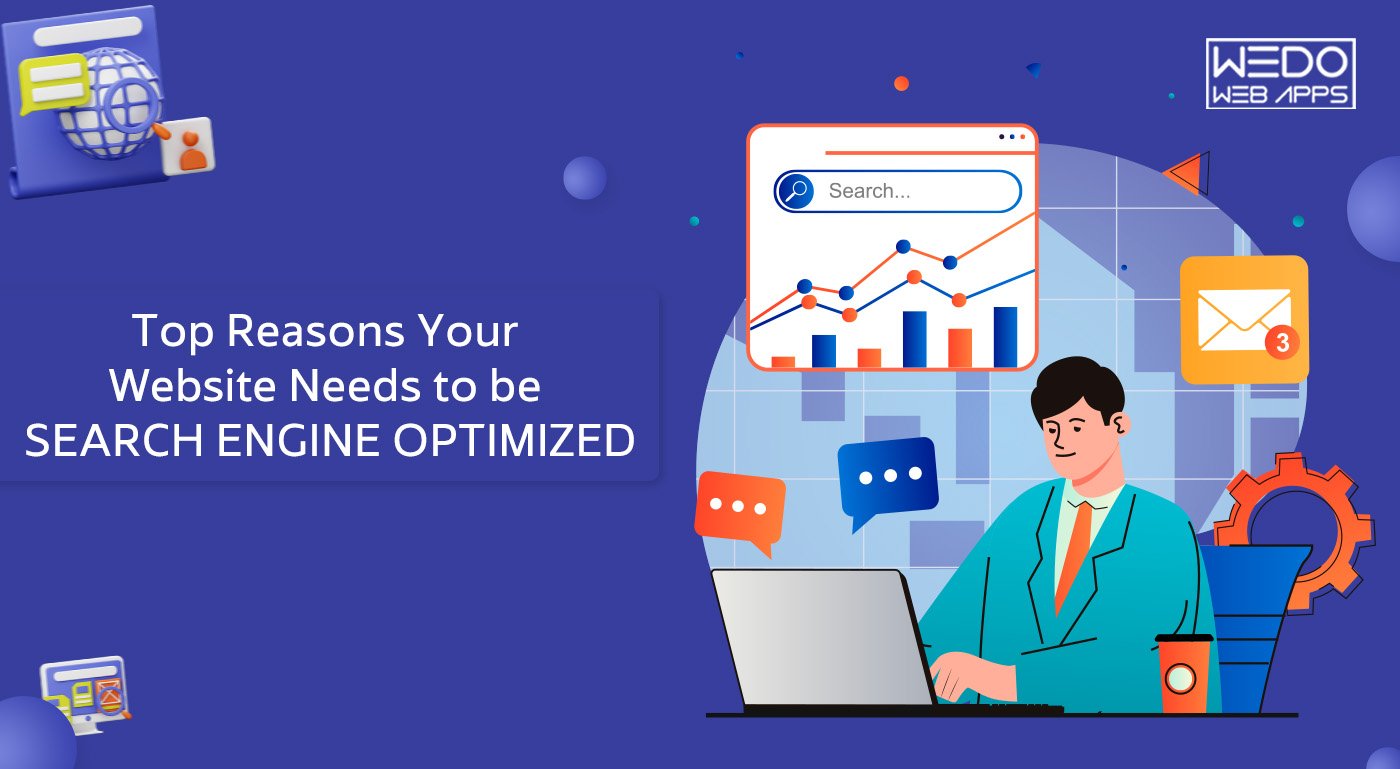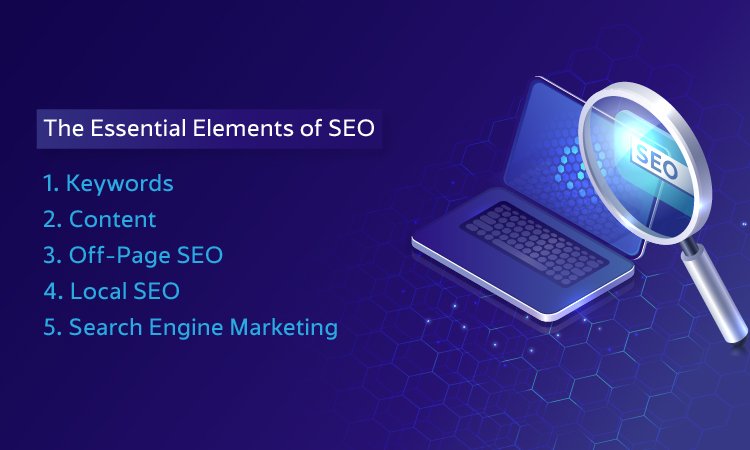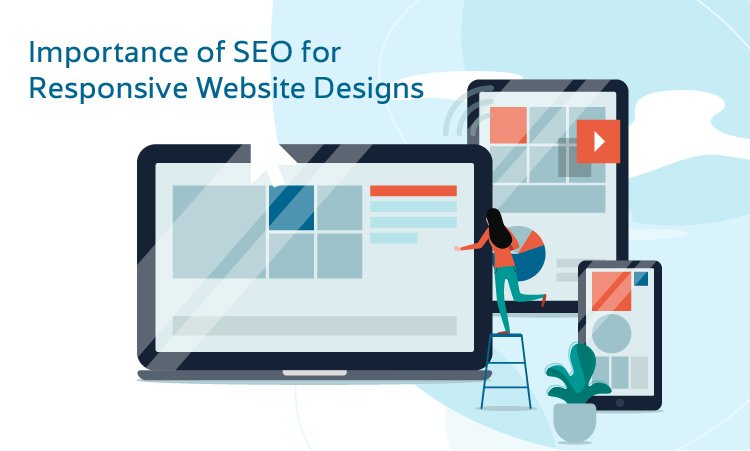Introduction
Are you worried that your website might get affected by the latest Google algorithm updates? Is your website not yet ready to face the after-effects of Google algorithm 2024 updates? We are here to help you understand how you can overcome this hurdle. In this post, we are going to discuss all about Google algorithm updates in March 2024 to help you match the standards without any difficulty.
We all know how Google’s algorithm is constantly evolving to better understand user intent and provide the most useful information to searchers. In March 2024 we will see another important algorithm update as Google makes changes to further prioritize user experience. This guide provides an overview of past Google algorithm updates and dives into what changes website owners can expect from the March 2024 update. Let’s get updated.
Google Algorithm Updates: History And Overview
Google’s algorithm has evolved quite significantly from its inception. Early updates focused on basic factors like keyword spam and link manipulation to surface more authentic and relevant results. Over time, user signals like click-through data began guiding the algorithm.
- In 2010, Google introduced its initial PageRank algorithm that assessed over 200 signals to understand websites.
- Subsequent major updates included Panda (2011) and Penguin (2012), which targeted low-quality, duplicate, and thin content sites.
- Mobilegeddon (2015) heralded the rise of mobile and brought responsive design into focus.
- Core updates (2017) incorporated user behavior data while passing authority to help/harm relationships between pages.
- Recent years saw a shift towards experience with updates factoring speed, interactivity, and security.
- Google’s Page Experience Update launch was quite a significant milestone. It evaluated whether pages were helpful, harmless, and honest for users.
- Metrics like Core Web Vitals and page experience signals took centerstage.
- Moving ahead, Google is focused on building “helpful, harmless, and honest” experiences for searchers.
What Is the Google Algorithm Update in March 2024 All About?
In March 2024, Google will make Interaction to Next Paint (INP) its third Core Web Vitals metric instead of First Input Delay (FID). As of March 12, FID will no longer be considered in page experience evaluation. According to Google’s timeline, INP has been in the experimental phase since early 2022 and will now be fully implemented.
INP measures the time between a user’s first interaction with a page and when its visual content finishes rendering or draws its next visual change. Higher INP values imply slower responses for user interactions like clicks, taps, or screen swipes. Google recommends websites aim for an INP under 300 milliseconds.
Along with Cumulative Layout Shift (CLS) and Largest Contentful Paint (LCP), INP will assess interactivity and how responsive pages feel to users. Sites failing to optimize for this updated Core Web Vitals metric may see rankings and traffic impacted if the experience is not up to Google’s standards. The transition gives website owners more than two months to address INP issues.
So, the March 2024 Google algorithm update will wrap up the shift to INP as a Core Web Vitals standard. Speed, responsiveness and interactivity will take on heightened importance for search and user experience moving forward. Optimization work is recommended to meet Google’s INP guidelines and thresholds.
What is the latest Google update in 2024? Is It Real?
Websites made with Google Business Profiles will be turned off – In March 2024, websites created using Google Business Profiles will stop functioning. Businesses need to update their profiles with new custom websites.
Chat with a Live Agent’ snippet –
Google may introduce a new rich result formatted as a ‘Chat with a Live Agent’ button for customer support pages to provide instant assistance to users. Businesses must ensure proper implementation of chat plugins and markup.
Updated SEO Starter Guide –
Google’s annual SEO starter guide is expected to be revised with new recommendations and best practices based on ongoing algorithm changes and user behavior trends. It will help optimize websites for upcoming changes.
New ways to search –
Google may introduce novel search techniques like conversational search using advanced AI capabilities. Businesses need to optimize for such evolving search patterns.
Focus on user experience –
Google will likely emphasize quick loading times, intuitive designs and seamless interactions to enhance the overall user experience on websites. Proper UX optimization will thus gain more importance.
Mobile-first indexing –
Google will continue expanding mobile-first indexing where the mobile version of a website gets primacy in search results. Ensuring an optimized responsive design is crucial.
Page Experience Update –
As per the January 2024 article, Google may further strengthen the previously introduced Page Experience signal by March 2024. Factors like Load Speed, Interactivity and Site UX will be critical ranking determinants.
So, these are the aspects that are going to be covered in the Google algorithm update in 2024. If you are thinking how you can optimize your website according to these updates, then the below segment can make things easy for you. Read on.
Steps To Optimise Your Website According to Google’s Algorithm 2024
Below pointers can help you understand how to optimise your website according to Google’s algorithm updates in 2024. Read on.
Keyword Research:
Identify priority long-tail keywords relevant to intent and search volume for optimal targeting.
High-Quality Content:
Develop at least 1500 words of educational, unique, and keyword-optimized content per page describing business products/services.
Mobile-Friendliness:
Implement a responsive web design testing across devices for seamless navigation and reading experience on mobile.
On-Page SEO:
Optimize page titles, meta descriptions, headings, internal linking, etc. tailored for users and search engines.
Secure and Accessible Website:
Ensure HTTPS implementation, compliance with ADA accessibility standards, and streamlined site architecture.
Page Speed:
Minify code, optimize images, leverage a content delivery network, and remove unnecessary plugins to load pages within 2 seconds.
Backlink Building:
Get natural, contextual links from authoritative sources to pass PageRank and strengthen domain authority.
Content Updates:
Publish at least 2-3 well-optimized blog posts monthly to maintain freshness and engagement.
Local SEO:
Claim, verify and optimize business profiles across local directories and maps for local visibility boost.
Comply with Google Guidelines:
Avoid deceptive practices, ensure transparency, and provide a positive user experience as per Google’s Webmaster Guidelines.
Monitoring and Analysis:
Regular audits of log files, analytic reports and search console to identify flaws and implement improvements.
How to Find Out If The Website Is Affected By Google Algorithm?
There are a few ways to check if a website has been impacted by a Google algorithm:
- Search analytics tools like Semrush or Ahrefs show traffic/ranking fluctuations.
- Google Search Console reports indicating traffic/impression drops and new
- manual penalties.
- Analytics platform showing a decrease in organic sessions from Google.
- Logs showing crawl errors that were previously absent.
- Pages vanishing/reappearing from SERPs unpredictably.
- Feedback from links/traffic sources about technical issues or outdated content.
- Symptoms like lower click-through rates and longer time-to-first-byte impact user experience.
Regular monitoring and comparison against past benchmarks can provide early alerts to investigate algorithm effects and correct issues promptly.
Factors That Impact Google Search Ranking Results 2024
There are several crucial factors that determine how Google will rank websites in its algorithm updates:
Meaning:
Google aims to understand the true intent and meanings behind searches to surface most helpful information. Optimizing for intent through keyword research and naturally written content helps rank higher.
Relevance:
Landing pages must answer user queries comprehensively with appropriately titled informative sections. Irrelevant pages confuse users and receive lower scores.
Quality:
Well-researched, unique material comprised of factual statements and quality external sources establishes authority and trust. Low-quality spammy pages rank poorly.
Usability:
Intuitive information architecture, streamlined navigation and well-segmented content boosts usability. Difficult-to-use sites undermine the search experience.
Context:
How pages relate to and contribute value within their topical domains and industries matters a lot. Isolated pages lacking context fail to impress algorithms.
With continual refinements, Google aims to reward websites delivering positive experiences aligned with its guiding principles. Maintaining expertise through high rule compliance gains an edge.
Conclusion
The March 2024 Google algorithm update will focus extensively on user-centric factors to assess website quality and relevance. Businesses need thorough technical and content-based optimizations as per the recommendations provided. Regular monitoring and analysis help stay updated with changes. Maintaining best practices meeting evolving search behaviors and technologies ensures sustainable organic visibility in the long run.



